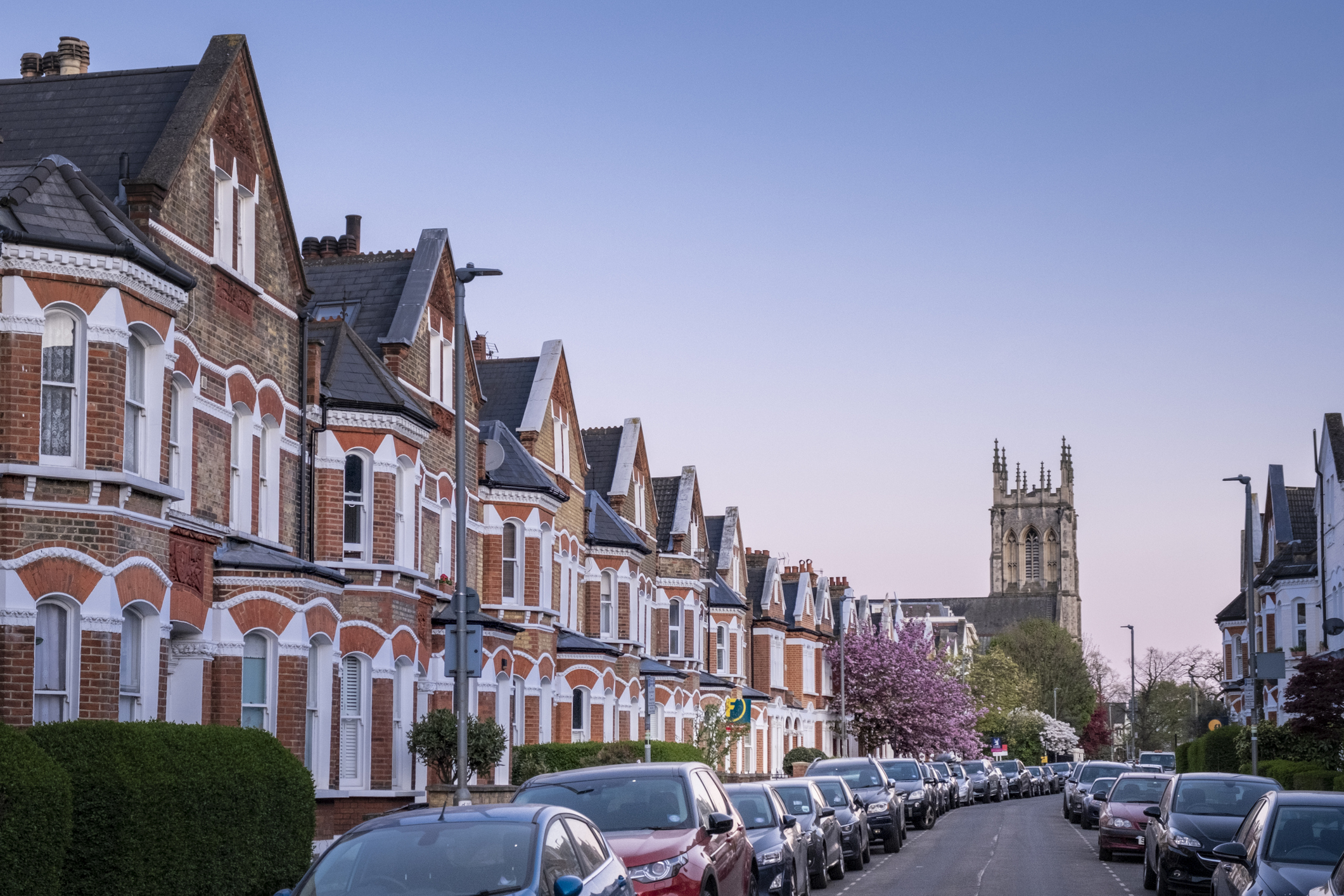Property prices to increase more slowly than people’s pay, says Zoopla
The property website says the typical house price is still almost £20,000 above affordability levels.


Get the latest financial news, insights and expert analysis from our award-winning MoneyWeek team, to help you understand what really matters when it comes to your finances.
You are now subscribed
Your newsletter sign-up was successful
Want to add more newsletters?

Twice daily
MoneyWeek
Get the latest financial news, insights and expert analysis from our award-winning MoneyWeek team, to help you understand what really matters when it comes to your finances.

Four times a week
Look After My Bills
Sign up to our free money-saving newsletter, filled with the latest news and expert advice to help you find the best tips and deals for managing your bills. Start saving today!
Property prices will increase more slowly than people’s pay over the next two years, according to Zoopla, but the typical house price is still almost £20,000 above affordability levels.
The property website says rising incomes and longer mortgage terms will help improve affordability but that the gap between what people can afford and what they can buy runs into the tens of thousands of pounds.
Zoopla said the average house price is around £264,900 - but according to its calculations, the affordable price is £245,200 - making the average home nearly £20,000 overvalued.
MoneyWeek
Subscribe to MoneyWeek today and get your first six magazine issues absolutely FREE

Sign up to Money Morning
Don't miss the latest investment and personal finances news, market analysis, plus money-saving tips with our free twice-daily newsletter
Don't miss the latest investment and personal finances news, market analysis, plus money-saving tips with our free twice-daily newsletter
The findings come after the Bank of England said three million UK households will see their mortgage repayments rise over the next two years. The Bank's Financial Policy Committee said this will include "very large increases" of more than 50% for the mortgages of 400,000 households.
A third of households with mortgages, or more than three million, are currently paying below 3% and are expected to see an increase between now and the end of 2026.
A typical household rolling off a fixed-rate mortgage before the end of 2026 is due to face a jump of around £180 a month, the Financial Policy Committee report suggested. Higher mortgage rates have resulted in many households and renters reducing their savings, the BoE also found.
Interest rates are at a 16-year-high of 5.25%, with the central bank voting to maintain the figure for a seventh consecutive meeting earlier this month. However, many economists have predicted they could reduce rates at the next vote in August.
Will the Bank of England cut interest rates in August?
Barring any economic shocks, interest rates have peaked. The question now is how long the Bank of England will hold rates at 5.25%. The Bank of England has four remaining meetings this year, with the next announcement due to take place on 1 August.
Over the past few months, we have seen the MPC start to turn – however it remains visibly divided. In April’s meeting, one committee member voted for a rate cut. This increased to two committee members in May and June.
The prospect of an August rate cut largely depends on what emerges in June’s CPI and labour market reports. In May, core and services inflation came in at 3.5% and 5.7% respectively – still too hot for the MPC’s liking.
Wage growth (another big driver of inflation) is still coming in hot at 6%, although the MPC noted that data challenges with the ONS Labour Force Survey made it “difficult to gauge the evolution of labour market activity”.
According to a recent poll from Reuters, economists are still hopeful when it comes to a summer rate cut. Sixty-three out of 65 economists voted for August as the most likely month for a first reduction to the base rate. The two who disagreed with consensus opted for September.
Get the latest financial news, insights and expert analysis from our award-winning MoneyWeek team, to help you understand what really matters when it comes to your finances.
Chris is a freelance journalist, and was previously an editor and correspondent at the Financial Times as well as the business and money editor at The i Newspaper. He is also the author of the Virgin Money Maker, the personal finance guide published by Virgin Books, and has written for the BBC, The Wall Street Journal, The Independent, South China Morning Post, TimeOut, Barron's and The Guardian. He is a graduate in Economics.
-
 Should you buy an active ETF?
Should you buy an active ETF?ETFs are often mischaracterised as passive products, but they can be a convenient way to add active management to your portfolio
-
 Power up your pension before 5 April – easy ways to save before the tax year end
Power up your pension before 5 April – easy ways to save before the tax year endWith the end of the tax year looming, pension savers currently have a window to review and maximise what’s going into their retirement funds – we look at how
